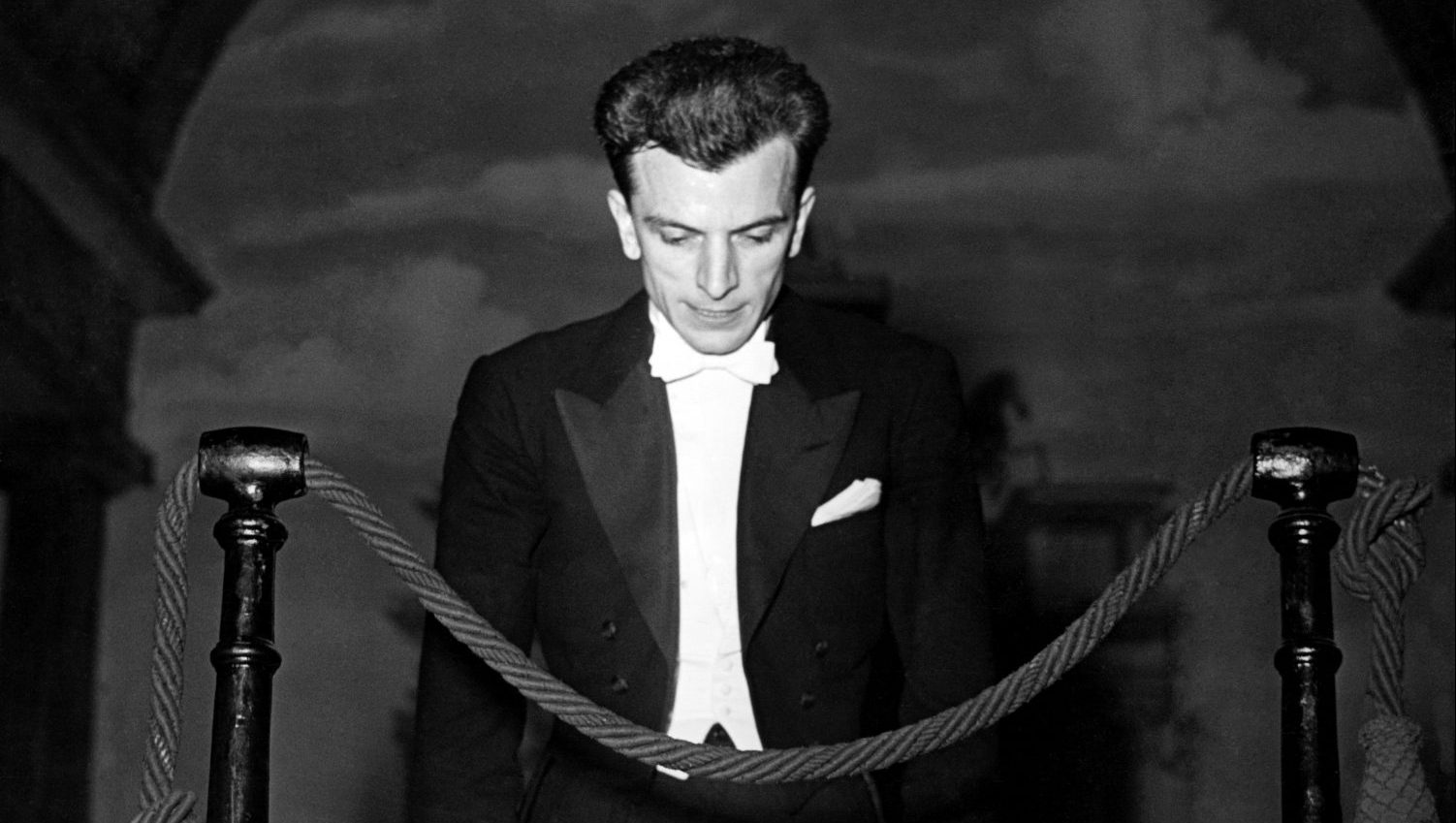It was one of those games whose final whistle is greeted by general relief. A few shouts of frustration, some whistling, then the crowd began to disperse, shoulders hunched against the cold, hands thrust deep into overcoat pockets.
While most Novara supporters that freezing afternoon were already forgetting the tedious 0-0 draw with Como they’d just witnessed, one man
remained standing on the terrace surveying the empty, scarred pitch beneath a darkening sky.
Guido Cantelli always found watching matches at the Stadio Comunale reassuringly familiar. Comforting, even. Since he was a small boy he’d loved its whiffs of cigarette smoke and cheap cologne, the crescendos and diminuendos of the crowd, the rhythms of a smooth passing move, the perfect cadence of a goal. There is music in this, he’d always thought.
The matchday routine was a refuge among the organised chaos of his life. Even the terrible game he’d just witnessed was welcome, especially after the events of the previous night. Standing among the cigarette ends, dropped sunflower seeds and crumpled newspapers on the empty terrace he thought about how the concert had felt different, somehow. An ending? A chapter closing, maybe, before the start of a new one.
He’d just been announced as the new musical director at La Scala in Milan – arguably the world’s finest opera house – and to mark the occasion and the reopening of the Teatro Coccia after a two-year renovation he’d brought the La Scala orchestra to town for a concert. The reception he received from the audience as he walked to the rostrum fired him to new heights of passionate intensity.
There was Rossini to open, then Brahms’ first symphony, Strauss’s Don Juan and finally La Valse by Ravel to finish.
But they wouldn’t let him go. They stamped and whistled until the sweat-soaked, exhausted 36-year-old was forced to return and give them more, first some rousing Verdi and finally Handel’s soothing Largo from Xerxes. The thunderous ovation seemed to go on forever. This was his home crowd, his family in one of the boxes, a night where he felt transported by the music to places beyond the theatre, the town, perhaps even the stars.
The breeze shifted the litter around him. He’d stood here for every match since his father first brought him as a boy. This place and the Coccia had made him, he thought, had helped to define him. They had also borne him through the war years, when his antipathy to fascism landed him first in a
German labour camp, then a concentration camp at Szczecin where he fell ill and almost died. He’d travel in his mind to the stadium and the theatre, determined to see them again.
Cantelli conducted his first major performance (La Traviata) at the Coccia in 1943 at the age of 22, freshly graduated from the Milan conservatoire after three years when most students took seven, the local lad making good, thrilled to be standing on the same spot where his hero and mentor Toscanini presided over the theatre’s opening season in 1889. The old man would have been proud of him last night.
The Como match was far from a classic but he’d needed it. Something about this weekend felt defining, a watershed even. In a few days he would fly to New York for his sixth season as guest conductor at the New York Philharmonic, then return to embrace his new post at La Scala.
Watching Novara that day, standing on the terraces among the men of the city, gave him space and an immersion in something familiar, a brief anchorage in a life and career he sensed would never be the same again. A goalless draw on a wintry afternoon felt a long way from Milan and certainly a long way from New York, just as he’d hoped it would.
It was November 18 1956. Guido Cantelli had six days to live.
They’d compared him to the great Toscanini from the beginning. There was the intensity and passion he brought to the rostrum – Cantelli’s friend, the pianist Folco Perrini, swore that at a concert in Turin he’d seen a white glow around the conductor, as if his sheer energy was tangible – and an almost uncanny knack of nailing the perfect tempo of any piece.
Toscanini was impressed as soon as he saw Cantelli conduct, a regard that grew with every encounter.
“This is the first time in my long career that I have met a young man so gifted,” he wrote to Cantelli’s wife Iris in 1949. “He will go far, very far.”
Not only was Cantelli an extraordinarily talented conductor, he’d arrived just when a golden generation of greats was reaching its end. Toscanini was nearly 90 and, like 81-year-old Pierre Monteux, had retired from the circuit. Sir Thomas Beecham was 77 and rarely conducted. Cantelli was the great hope, the charismatic youth invigorating the world of classical music, carrying the burden of expectation with apparent ease.
He had, after all, been conducting for almost as long as he could remember – since the age of five, his father said – although Cantelli couldn’t remember being lifted on to a table to conduct his father’s military band. By eight he was directing the local church choir. He could always be found at the back of
concerts at the Teatro following a score with torch and forefinger, his pocket money spent on records, especially those of Toscanini.
Saturday night at the Coccia, Sunday afternoon at the Stadio, he smiled at how he’d recreated almost exactly the weekend routine of his youth, except last night he was on the rostrum instead of up in the gods. Lord knows the Novara football club had tried to coax him into the officials’ stand enough times in recent years too, but he preferred it here, on the spot where he’d always stood in rain, sun, hail, snow and wind.
He set off towards the exit, thinking he’d take a detour home past the theatre. Give it one last look before he left. He turned and surveyed the empty stadium, smiled to himself and headed out into the streets. New York
called, then Milan, but Novara would always be here, thank goodness.
Six days later, early in the morning of November 24, he buckled himself into the seat of a DC-6 at Paris’s Orly airport, placed his copy of La Gazzetta dello Sport in the pocket in front of him and settled back for the next leg of his journey to New York, a flight to Shannon in the west of Ireland that would never arrive.
The pitch of the engines rose, the plane heaved into motion, thundered
down the runway and lifted off the ground. The last thing Guido Cantelli
saw when he closed his eyes, the last thing he ever saw, was the first blush
of pink dawn light fringing the clouds. Handel’s Largo replayed in his mind,
the roar of the audience masking the whine of a failing engine.




